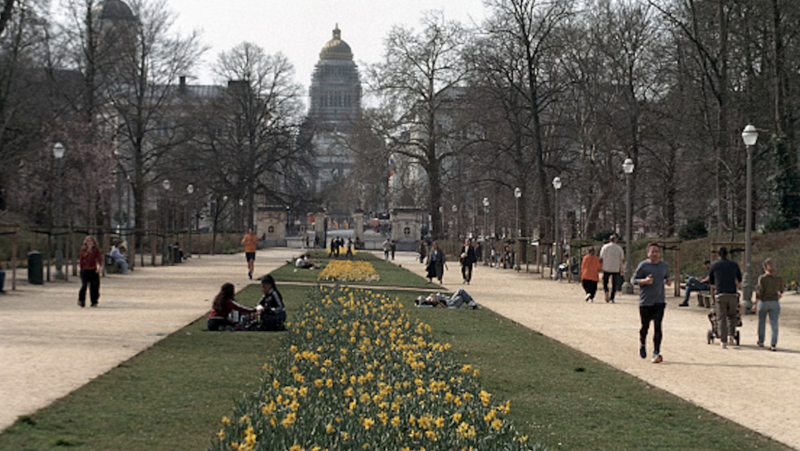While Brussels real estate remains dominated by high-earning expats and EU officials, young Belgians are breathing new life into property markets beyond the capital. According to recent data, homebuyers under 35 helped drive a surge in sales across Belgium during the first quarter of 2025, seizing the moment as interest rates leveled off and borrowing became slightly less painful.
In Brussels, however, it’s still business as usual. International residents, cushioned by generous tax perks and company-backed housing budgets, continue to outpace local first-time buyers. As Belga news agency reported on April 17, younger buyers are increasingly being priced out, prompting them to set their sights further afield where their euros stretch much further.
Real estate agents say the newcomers working for EU institutions aren’t feeling the pinch thanks to a favorable expat tax regime — a big leg-up compared to Belgian citizens. Unlike locals, many of these expats enjoy exemptions from hefty communal taxes and can deduct a chunk of their salaries from taxable income, keeping them firmly rooted in the pricey capital market.
“Eligibility for first-time buyer benefits can depend on various personal factors,” one Brussels-based realtor specializing in expat housing told Brussels Signal on April 24. “But the reality is, most expats don’t need them.”
Meanwhile, the capital’s housing market seems stuck on a pricey plateau. Transaction volumes have flatlined, even as the median home price in Brussels bounces between €485,000 and €1.1 million — a world apart from Wallonia’s €175,000 and Flanders’ €298,000, according to Statbel’s 2024 report. The growing price gap has fueled a record number of Belgians relocating between regions, largely chasing more affordable homes.
Young buyers aren’t just fleeing the capital for better deals; they’re catching a rising wave. Wallonia and parts of Flanders are seeing a boom, with first-time homeowners capitalizing on lower costs, improved mortgage conditions, and a fresh batch of government incentives.
Back in Brussels, investment apartments are still seen as safe bets for institutional players and expats alike. But elsewhere, Belgian youth are snapping up family homes in smaller towns — and that’s reshaping the country’s real estate landscape.
The 2023 numbers already showed a migration surge, and analysts warn it’s only the beginning. The special tax regime, introduced in 2024 after the old one was scrapped, continues to give foreign professionals a hefty advantage for five years — even in its more limited form.
As property prices tick upward — ING Bank forecasts a 3% hike this year — the pressure’s mounting for young Belgians to lock in purchases before dreams of homeownership drift even further out of reach.
Even recent moves by Brussels lawmakers to rein in rental prices haven’t cracked the capital’s supply shortage. A March 2025 ordinance aimed at capping rents hasn’t translated into more available apartments, while April’s tax reform stripping multi-property owners of their final fiscal advantages could squeeze the rental market even tighter.
And let’s not forget Brussels’ stubborn geography. Hemmed in by Flanders on all sides, the city’s ability to sprawl is virtually nil — another key reason why housing competition is fierce and prices are soaring.
Provinces like Flemish Brabant and Walloon Brabant, nestled just outside Brussels, have now become Belgium’s priciest after the capital itself, attracting not only expats but also native Belgians desperate for a foothold near the city.
Still, given Belgium’s small size, many younger buyers are casting their nets wider. Affordable towns a bit farther out are seeing new life — a bright spot in an otherwise challenging housing market.




